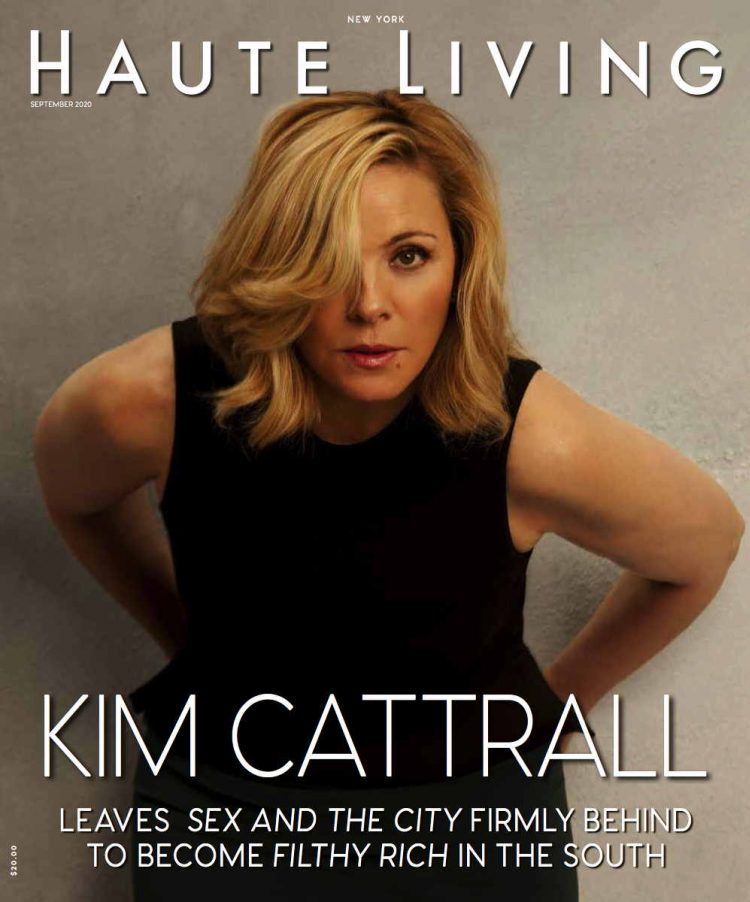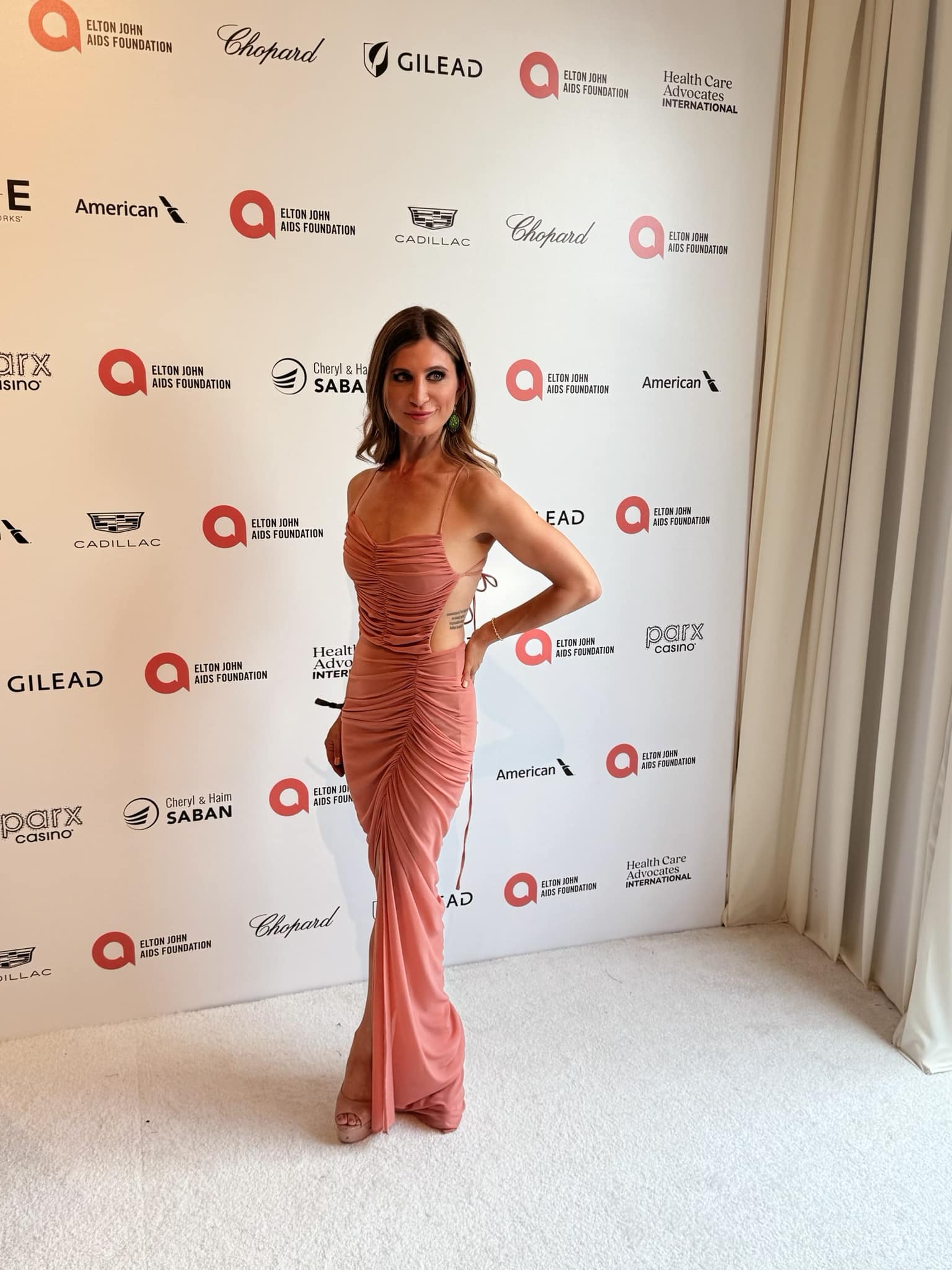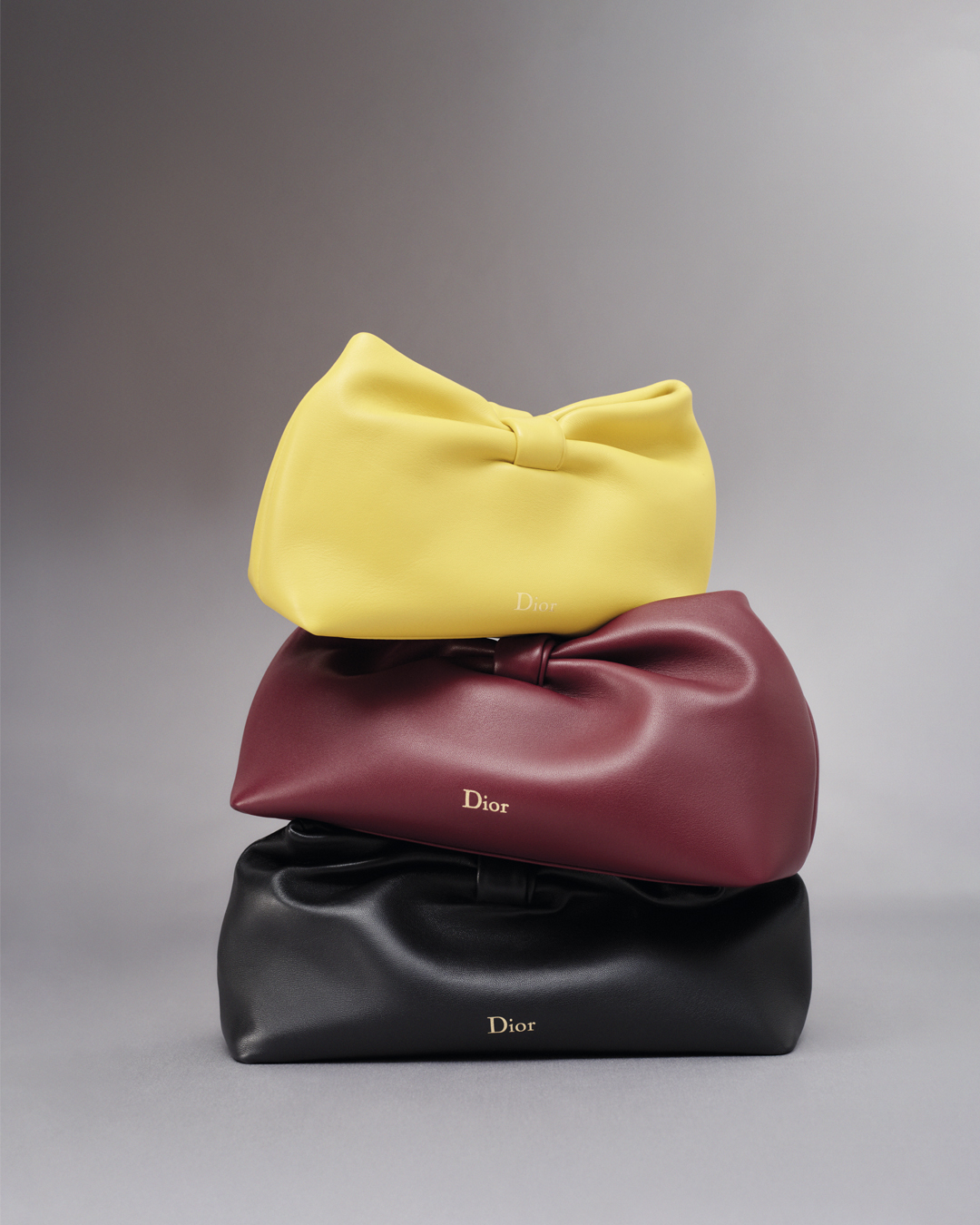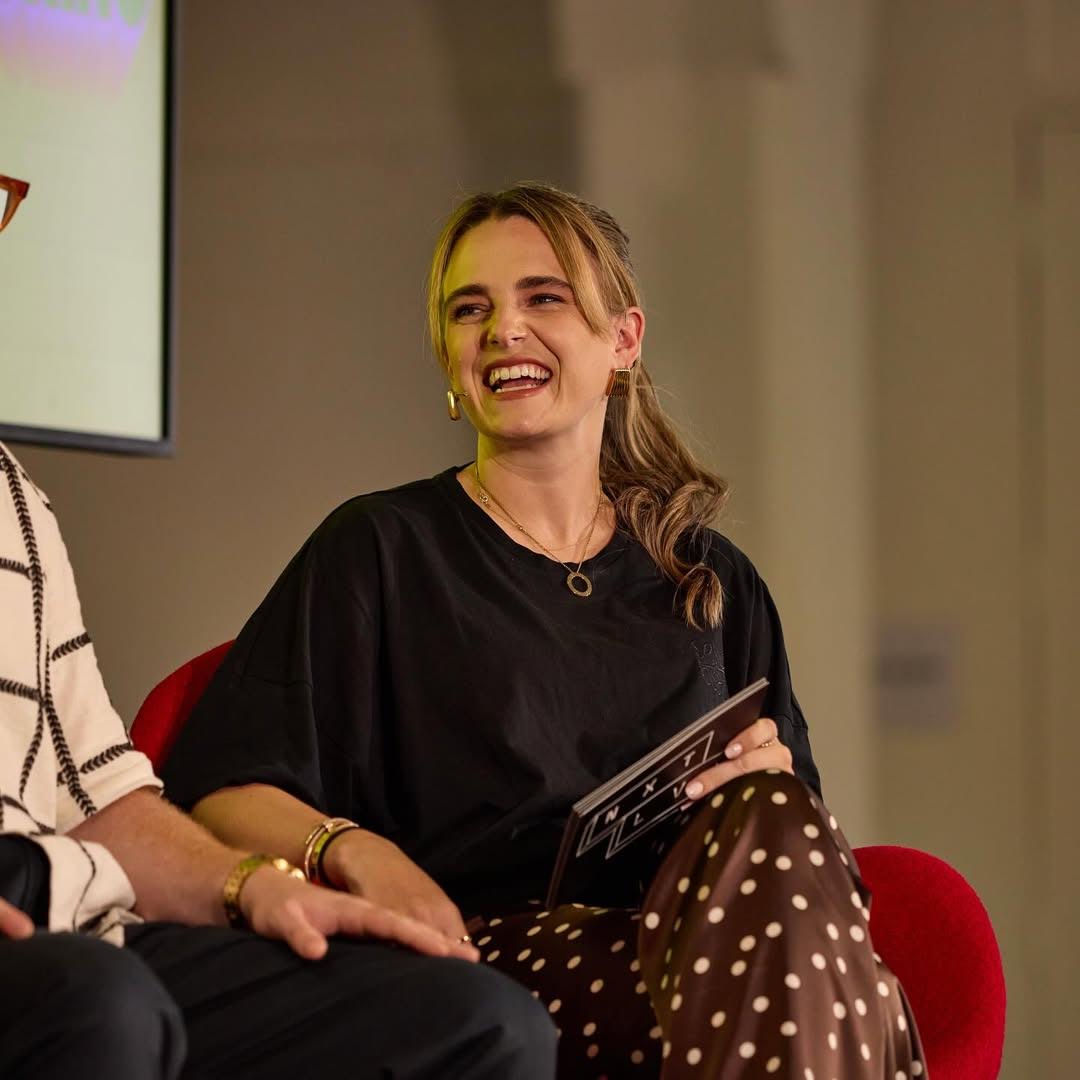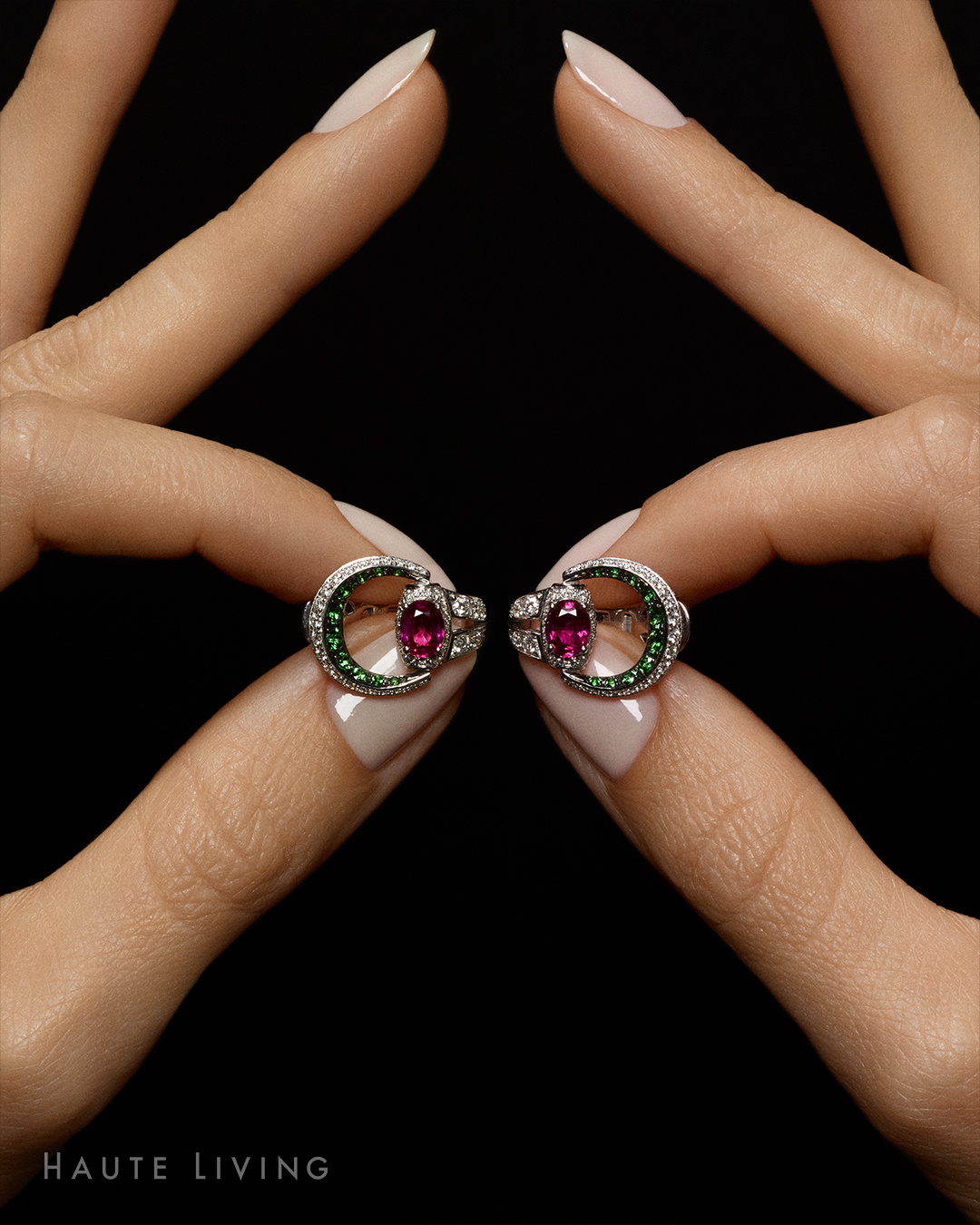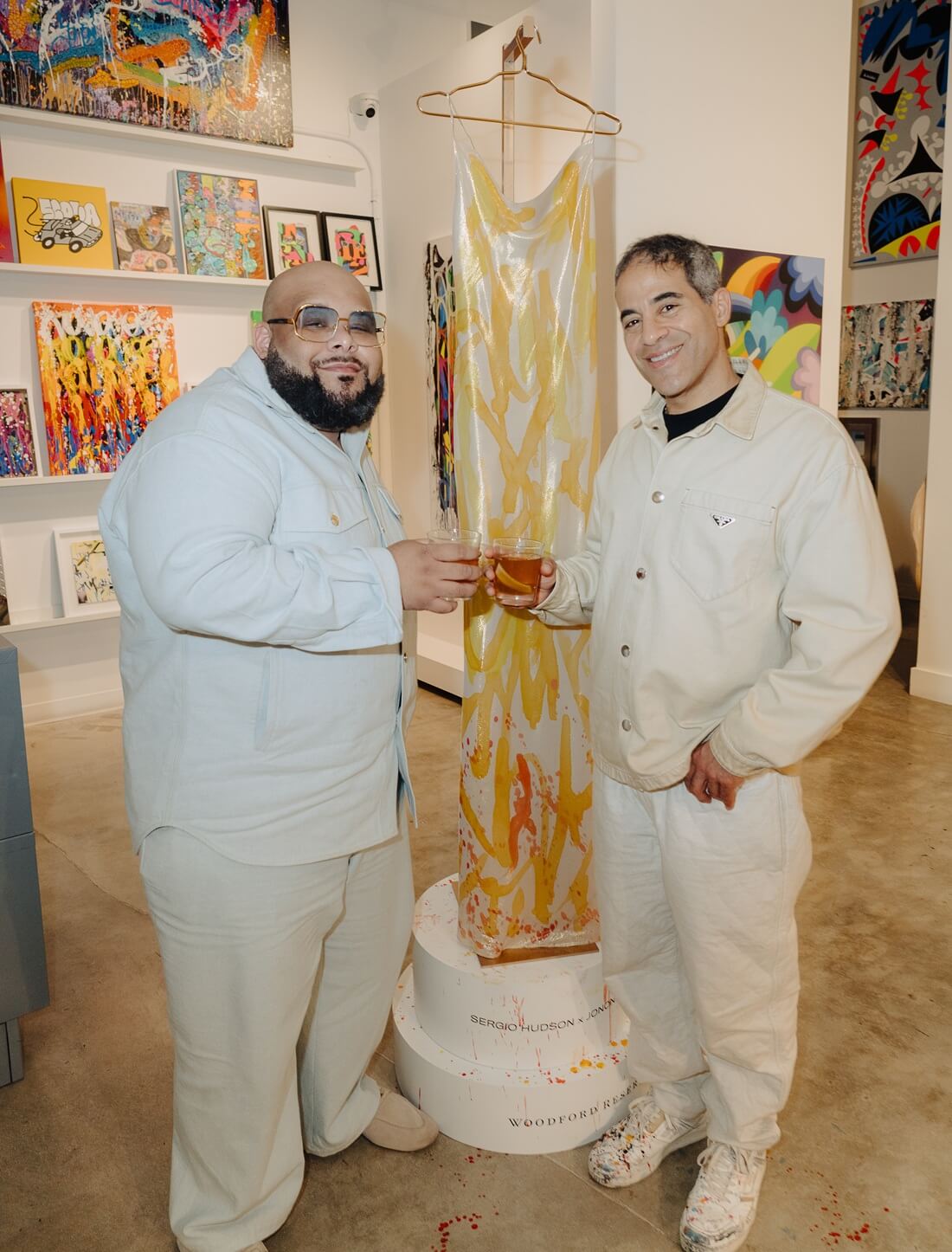How Her Holy New Role Helped Kim Cattrall Cope With Her Own Mortality
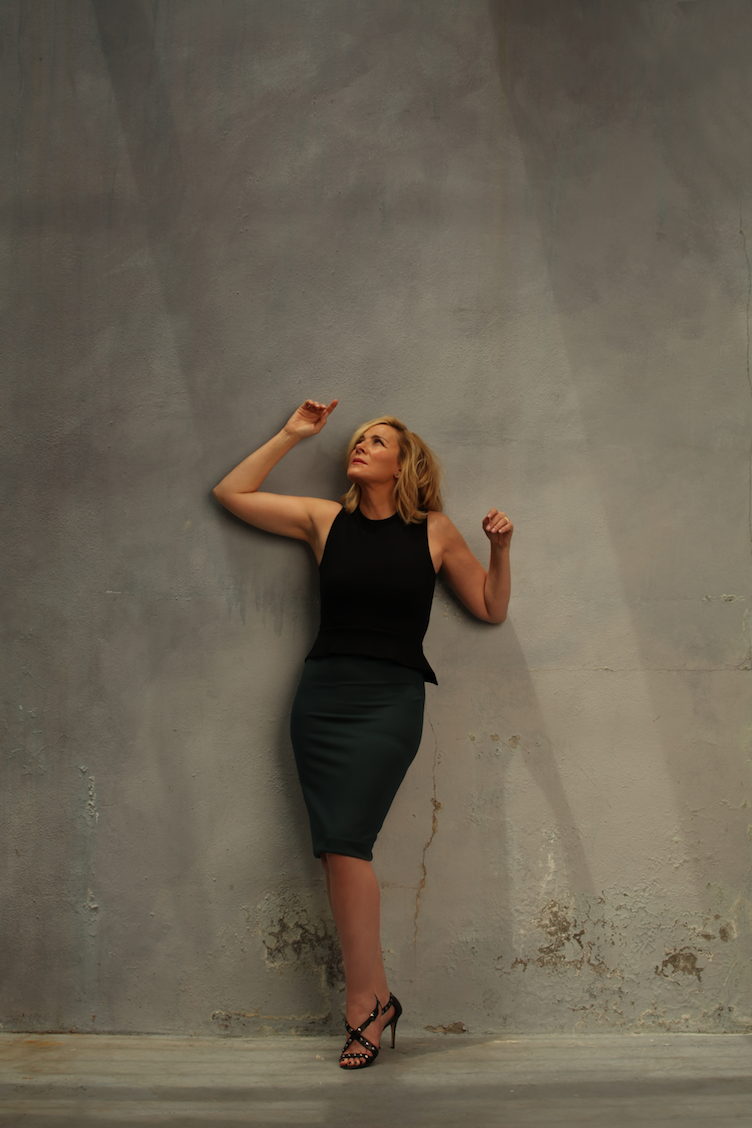 Photo Credit: Timothy Greenfield-Sanders
Photo Credit: Timothy Greenfield-Sanders
BY LAURA SCHREFFLER
PHOTOGRAPHY TIMOTHY GREENFIELD-SANDERS
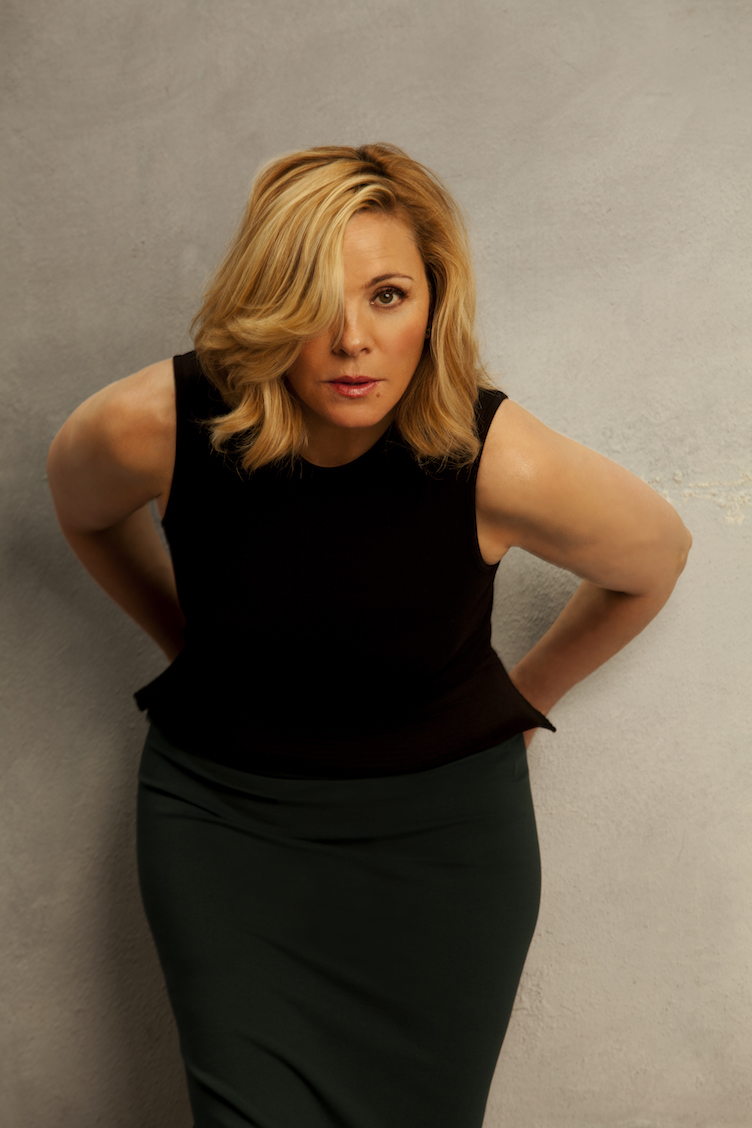 Photo Credit: Timothy Greenfield-Sanders
Photo Credit: Timothy Greenfield-Sanders
Could you ever have imagined a world where Samantha Jones, Sex and the City’s resident siren, traded in her tight-fitting couture for a Hillary Clinton-worthy collection of pastel two-pieces and replaced innuendos with prayers? It’s a weird world we’re living in, folks, because this is the new reality. Yet, for Kim Cattrall, who portrayed both Samantha and now, the pious, pantsuit-wearing religious billionaire Margaret Monreaux in FOX’s upcoming Southern gothic drama Filthy Rich, there’s nothing strange about her choice of part or onscreen transformation. In fact, you might call it divine intervention. Her latest role has helped Cattrall deal with her own mortality and internal questions on the corporality of the human soul. Not to get heavy or anything (but did you think we’d be talking about Cosmos, Manolos and the best Kama Sutra positions)?
“Even before the pandemic, there was a feeling of change in my life. My 60s are a totally different decade than any other, because I’m staring more at my mortality than ever before,” admits Cattrall, who turned 64 in August, from her home in Vancouver, Canada. The British-born, legally Canadian actress and long-term partner Russell Thomas have been safely ensconced there since escaping the apex of Manhattan’s Covid-19 peak in April to be close to Cattrall’s ailing mother. “This is the process of getting older and these are the circumstances,” she continues. “You suddenly don’t feel as invincible as you had because of your robustness of health. I felt invincible in my 20s and my 30s and even in my 40s, and then had the good fortune in my 50s to be in really good shape. But in my 60s, I’m realizing, ‘OK, you know, if I take that day to go and do this, I’m going to need a little time to recover from it’, and respecting that, but also in some way wishing that I could just unload it and not have to worry about it.”
Agreeing to play Margaret gave Cattrall a chance to do what most actors enjoy — walking a mile in another person’s shoes (or kitten heels, rather, as well as find a new lease on life in the “rich,” “dangerous” and “extraordinary” hedonistic paradise that is New Orleans for seven months). In turn, she found a way of enduring, as they say in the South.
“I think taking on Margaret Monreaux has given me an opportunity to explore a lot of things that reflect not just where I am [in life], but a different way of dealing with my fears and frailties,” she acknowledges. “Not just emotionally, but physically as well. It is a machine, the body, and maintenance becomes more of a reality. None of these things are particularly enjoyable or sexy or luxurious, but they are real.”
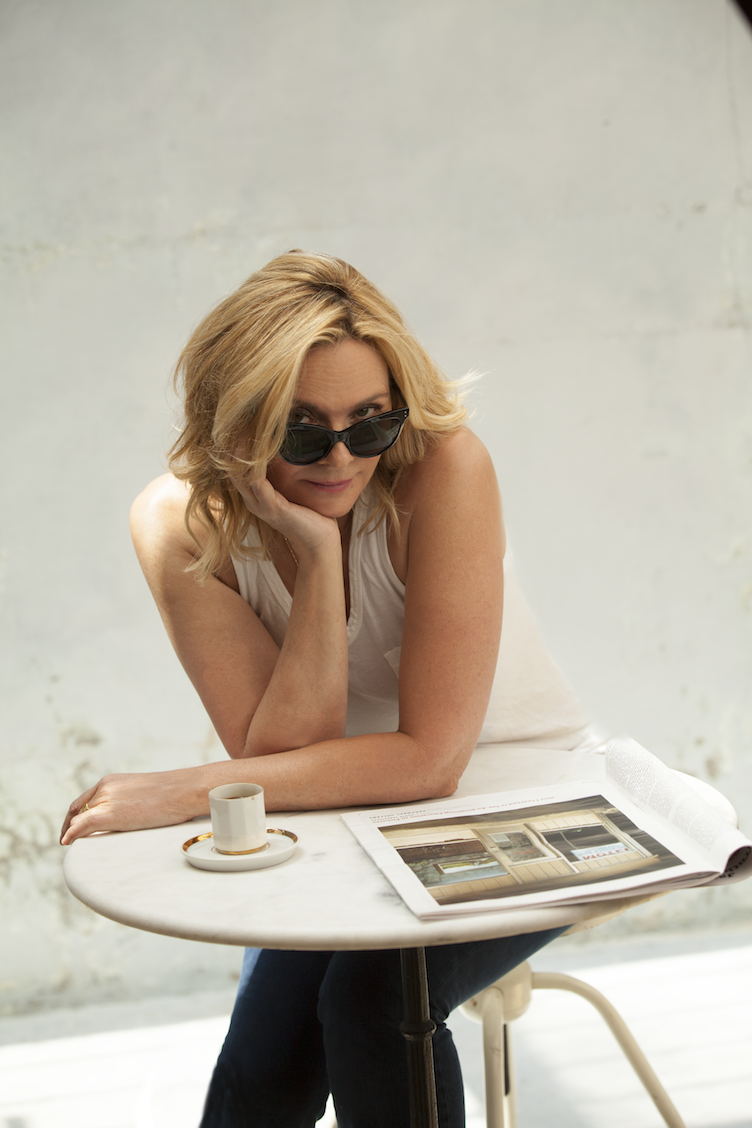 Photo Credit: Timothy Greenfield-Sanders
Photo Credit: Timothy Greenfield-Sanders
Although Filthy Rich, which premieres Sept. 21, is campy and fun, Cattrall imbues her performance with a rawness –— a reality that will resonate with viewers. She can be catty, sassy and controlling, but in her private moments on the show, can allow her character to reveal vulnerability and weakness. It’s a plum role, one which seems to be tailor-made, and one the five-time Emmy Award nominee could not reasonably turn down. Four years after starring in her last series, Sensitive Skin, Cattrall decided to make her grand return to the small screen.
Wealth, power and religion collide in Filthy Rich, writer/director Tate Taylor’s (The Help, The Girl on the Train) family drama revolving around the mega-rich Monreauxes, a Southern, New Orleans family responsible for creating a wildly successful Christian television network. On the cusp of launching a digital retail arm of their company, family patriarch Eugene (Gerald McRaney) dies in a plane crash while doing some very un-Christian things (think hookers and blow), leaving his wife, Margaret, to pick up the pieces. In the wake of his death, Margaret and her children discover the family’s patriarch was not the paragon of virtue he seemed — and that he had also fathered three illegitimate children, whose very existence challenges the ideals and ethos of the family’s “Sunshine” brand. But like a phoenix (or, rather, a colorful, pantsuit-wearing peacock), Margaret rises above the mess her husband left in his wake, taking charge of the company and all cutthroat decisions necessary to run it.
One could say Margaret had to find the silver lining, as did Cattrall when delving into her latest role. She took her much-publicized insomnia — which caused her to withdraw from the title role in the West End production of Linda in 2015 — a condition she says was caused by “exhaustion, mainly, but I had not come to term with my father’s death; that was underneath it all,” and used it to her advantage. “I suffered a bout with insomnia, and one of the things that I held on to in my recovery was meditation — timeouts — just taking time to sit. [I used that in] trying to find some kind of access to Margaret to explain what was going on, the underside of this woman who is in control and knows how to manipulate, and knows when to turn on the charm and turn it off. A woman who has been given an opportunity to lead who had previously put all of the control in her husband’s hands, [who is] now testing herself, now learning what it is to lead. And she definitely has control issues. One of her lines is, ‘God decides who comes into your life, but I decide who stays.’ She has a very healthy narcissism. [But she was intriguing to me because] her public face is that of someone who is at peace, who knows it all, who has found salvation — when really, she is in a tremendous amount of pain. You see that in not an overt way. You see that in a very private, vulnerable way. And her form of therapy is prayer.”
Cattrall, who considers her curiosity to be one of her own defining traits, couldn’t resist thinking faith can set you free, especially having been raised without religion. “I think some people are searchers and I’m definitely one of them,” she says. “For me, [looking at therapy through prayer] was very interesting because I was not brought up with religion. I was never baptized. I went to Sunday school for a period of time, but it was more of a social gathering than it was a learning experience. I very much wanted to explore what faith is in playing Margaret, especially the way the world is and continues to be more of a scary, unknown place. ‘Are you strong enough to adapt? How do you adapt? Who do you listen to? Is this the voice of God or is this the voice of a conscience or lack of a conscience? What is guiding you?’”
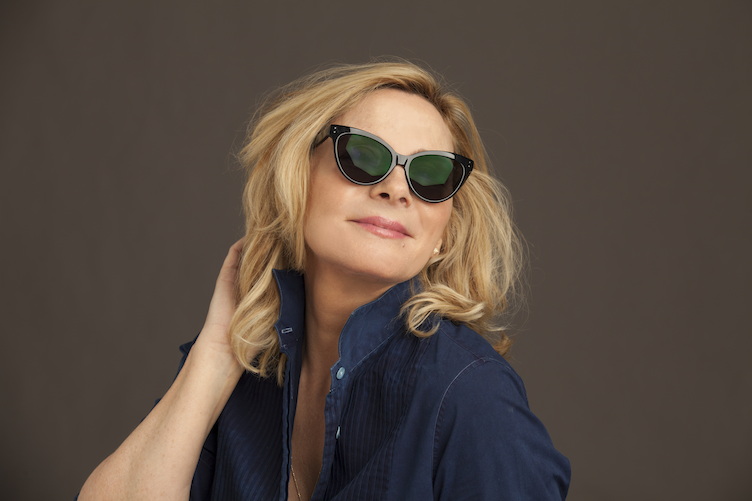 Photo Credit: Timothy Greenfield-Sanders
Photo Credit: Timothy Greenfield-Sanders
What she found in her soul-searching was surprising.
“I wish in some ways that I did have that belief, that undying faith of how to give things up to a higher power, just so I don’t have to worry about it as much, and whether it exists or not,” she admits. “It’s something that I battle with, the wish for that. I look at people who do have that faith with healthy envy. I wish I could feel that. They say, ‘It’s easy, you just bring Jesus into your heart’, but for me, it’s a much more complicated situation because of my upbringing. I have more of a scientific way of looking at things. But now I’m realizing that with the body functions, there’s also a soul there, and what does that mean? Maybe these are the questions you have in your 60s.”
That being said, she pulled inspiration from a decade in her own history book to play Margaret effectively: her first years on Sex and the City. “In my 40s,” she explains, “I was on a show that catapulted a lot of change — especially for women — and which gave me an opportunity, a platform, to talk about things and support things that meant something to me, [when it] created a divide between my public and private personas. There’s the name ‘Kim Cattrall’ and then there’s Kim Cattrall [the person]. A separation, yet a similarity, between being a professional actor taking on a role and then just being myself. I wanted that to be very much a part of Margaret, for people to see her many sides, her private and public selves. I thought it would bring a vulnerability and an understanding of who she is and what she’s become.”
As much as Cattrall nails every nuance of Margaret Monreaux (and we’re not just talking about that ‘butter wouldn’t melt in her mouth’ Southern accent, either), this is not a character in whose skin she would wish to permanently live. “I like Margaret, but I wouldn’t want to be her,”she maintains. “I would find it exhausting because she has so many masks.”
The same can be said for Samantha Jones, which is one of the many reasons Cattrall refuses to reprise the SATC sexpot, who is now a mostly-fond memory that’s firmly a character as different from Margaret Monreaux as night and day.
“I don’t see Samantha in [Margaret at all],” she reasons. “I don’t think she has the swagger of Samantha. She doesn’t use sexuality in any shape or form. Samantha’s was a sexual power alley, and that’s not a card that Margaret uses. She’s not comfortable with it. All of her energy goes into her work and her family. There’s a confidence, but she is not a cougar.”
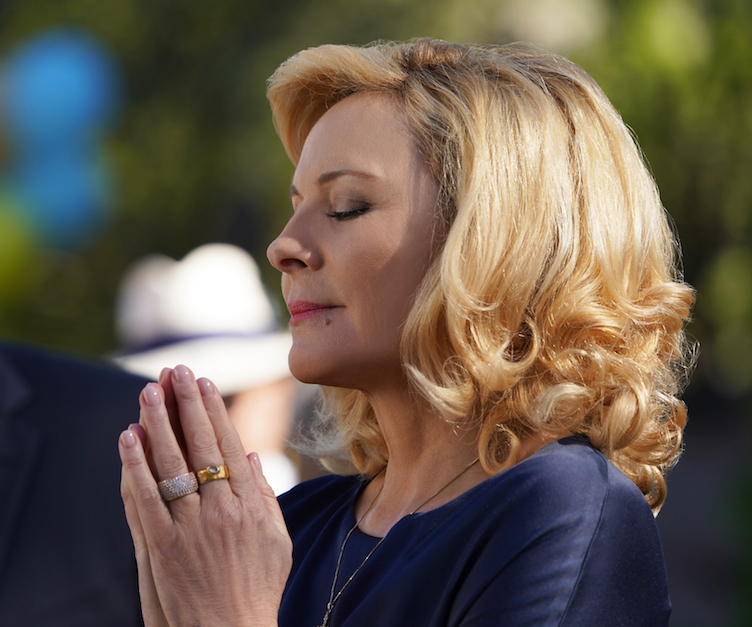
Photo Credit: Alan Markfield / FOX
There are common denominators though, thin threads and correlations that might keep a rabid fan sated for now. Sex and the City costume designer Patricia Field also created Margaret’s pastel power suit wardrobe, making her relatable as both a woman of power and a scion of the South. And though Margaret’s critique of Samantha Jones would no doubt be a soft-spoken, “Bless her heart” (and those in the know understand what that means to a Southern belle), Cattrall feels Margaret bears a similarity to her predecessor in one truly defining way: “She is smart and she is strong — which I think both of those characters are.”
It’s how she was raised, after all. “There’s a reason I’m very much attracted to strong women — women who know what they want and what they don’t want,” she explains. “I was raised by very strong women, and I think that I’ve always been attracted to strong people — with vulnerabilities and human faults, of course — but who have that innate strength. I just feel very comfortable around it. I’ve been educated and brought up by that around me, so to play those kinds of characters and to bring them to life is kind of what I’m built for.”
Cattrall has been playing these strong, fierce women for a whopping five decades, with a range of projects across film, TV and theater — including, of course, the Sex and the City series and two ensuing films; movies like Mannequin (our personal favorite), The Bonfire of the Vanities and Big Trouble in Little China; series such as Angel Falls; Sensitive Skin and Modus; and stage productions including Wild Honey, Miss Julie, Private Lives and Sweet Bird of Youth. And although it’s hard to imagine Cattrall slowing down, we’re all living in a different world and no one truly knows what the future might bring to any industry — hers included.
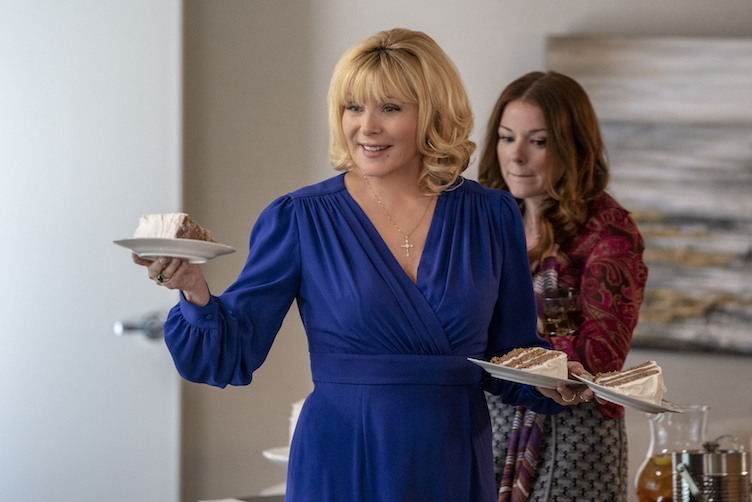
Photo Credit: Skip Bolen / FOX
“There’s a lot of uncertainty in my business right now [because] my business is about crowds,” she says. “We have a big crew. We have a big cast. The show means so much to all of us, and we’ve worked so hard. We feel that we have something unique in Filthy Rich, but we don’t know if we’ll be able to continue. That would be very sad for all of us — not just on a financial level, but on a creative level as well. We’ve waited so long for the show to air and [we’re] hoping that it will find an audience, but we don’t know. Will we go back to New Orleans? Will we film somewhere else? We were going along at a pretty fast clip anyway, but now everything has just taken on a speed of its own. It makes you feel very uncertain. You can’t feel like, ‘I’m OK, I’m completely safe,’ because there are still the questions of, ‘Do I have a job? Will I get to play this character again?’”
Only time will tell. For now, her endless string of Groundhog Days continues, weeks spent Skyping or Zooming with family members and friends, bike riding and, she says, “writing, reading [and] breaking down roles and scripts I may never play. It’s been very productive, but in some ways, I wonder to myself, is this what retirement looks like?”
It’s a far cry from her life a year ago, when Cattrall spent seven months filming Filthy Rich in the uniquely hedonistic Big Easy, ringing in her 63rd birthday with a romantic dinner at the iconic Garden District haunt Commander’s Palace, marveling at classic streetcars and a street named “Desire” (very fitting for the woman who played Samantha Jones, no?) as jazz wafted out of open doorways in the French Quarter.
But for Cattrall, fixating on the past is pointless, as are regrets.
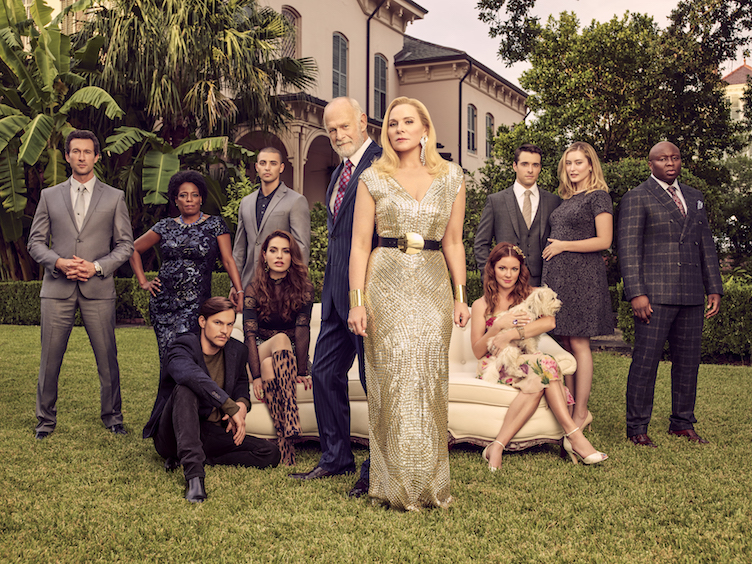
Photo Credit: Justin Stephens/FOX
“You know,” she begins, “I think that wishing for things to be different — things that have already happened — is a complete waste of energy, especially when there are so many things happening on a day-to-day basis that are just blowing your mind. One of the lessons that I’ve learned from Covid is to live now. Right now — not in the future, not in the past. I think you get in trouble when you start bringing up things from the past that you can’t change, people that you love who you can’t bring back to life. Concentrate on the now. It sounds kind of trite, but there’s a lot to be said for living in the moment. It frees you, because you can’t change events, you can’t recreate them. They’re there. [Like] going through the insomnia that I went through — that was a true learning experience of acceptance and moving on, and I think that that’s how we survive. That’s how we remain healthy, having the attitude of being good to your mind, being good to yourself and those around you. That is about right now. There’s people that need you right now. It’s decisions that need to be made right now. That’s a positive thing that I go forward with on a day-to-day basis, not looking too far ahead and not looking too far behind.”
It isn’t always easy, and sometimes, like all of us, Cattrall needs a reminder. But ultimately, there are no wrong choices — just choices. “Your choices define who you are,” she says. “What you say yes to, who you say no to, the opportunities that come your way. I was offered a theater contract at the National Theatre of Canada and a contract with Universal Studios [she was one of the last participants in Universal’s contract players system before it ended in 1980] and I wanted to take the theater contract. I wanted that more than anything, because that was what I knew. I didn’t know that much about film or television. I remember saying to Peter Hall, who was a mentor of mine very early on in my career, many years later, ‘You know, I wish I’d gone to the National Theatre of Canada instead of taking the Universal Studios contract, because I would know so much more if I had spent more time as just a theater actress.’ He turned to me, smiled and said, ‘You’re here now. What does it matter?’ [I realized that] there are many roads to get to where you want to go — it’s not always just through the front door. But if it’s where your passion is, it will lead you to a place where ultimately you were supposed to be.”
Even if — and perhaps especially if — that place, as for so many of us right now, is home sweet home.
